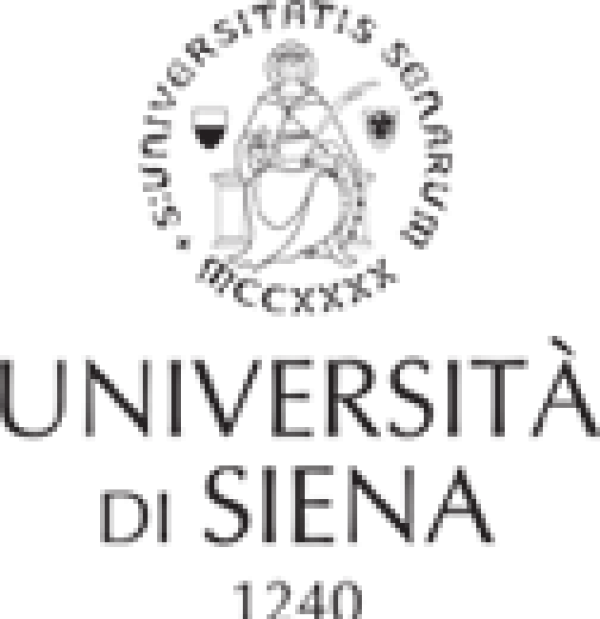Description
The three-year programme in Economics and Banking addresses the fundamentals of financial intermediation within the banking industry, insurance sector and financial markets by providing a sound training in all the core economic disciplines and other social sciences, such as history and law. In this regard, the programme examines how financial institutions and markets function with a particular attention to the micro- and macro-economic dimensions. The programme has been designed by focusing on resources allocation under uncertainty, corporate financing and investment decisions, insurance and risk management, the functioning and regulation of financial markets within a broader institutional and social framework.
Graduates in Economics and Banking will develop skills in understanding economic and financial phenomena and acquire all the core skills required for the analysis of economic issues and of data. Graduates will also attain a significant advantage for progressing to a number of graduate courses and, in particular, for the two MSc programmes in Economics and Finance taught in English at Siena as well as for the two-year programme in Accounting and Management (AMa) of the MSc in Management and Governance.
FORMATIVE SKILLS
The course aims to produce graduates with:
- a widely recognized knowledge in the field of financial economics and banking, particularly oriented to turning out professionals able to emerge in a competitive context as graduate students – in Europe and overseas – or to serve as employees/advisors within public and private intermediaries and institutions;
- a sound knowledge of the processes related to financial intermediation and capital markets functioning;
- the economic, technical and financial skills needed to evaluate investment, financing and protection decisions of enterprises, and the way they are realized through direct and non-direct credit channels, as well as through the insurance industry;
- the ability to properly frame credit and financial phenomena in the macroeconomic context, both at a domestic and international level;
- the economic and quantitative knowledge needed to understand the behavior of major monetary and financial fundamentals;
- the ability to deal with market economies and related phenomena, both from a strictly economic point of view and in terms of social implications;
- the capacity to handle quantitative methods applied to economic and social cases, through theoretical and empirical approaches;
- the knowledge of law and regulations concerning financial intermediation and markets.
The proposed offer relies on a teaching staff having an extensive experience around the world in teaching and research on the issues of financial intermediation.
The development of curricular internships at banks or insurance companies, and studying periods abroad are promoted through of a number of cooperation agreements arranged with qualified European universities (mainly Erasmus mobility), that students have many opportunities to take a part of their education abroad.
